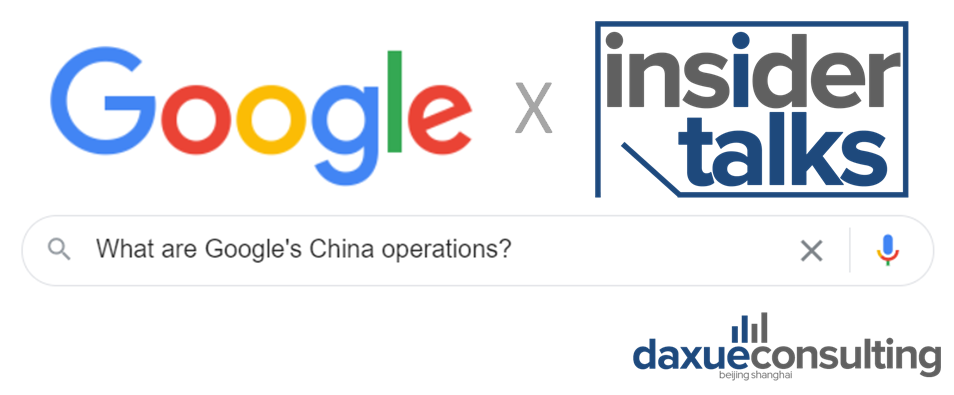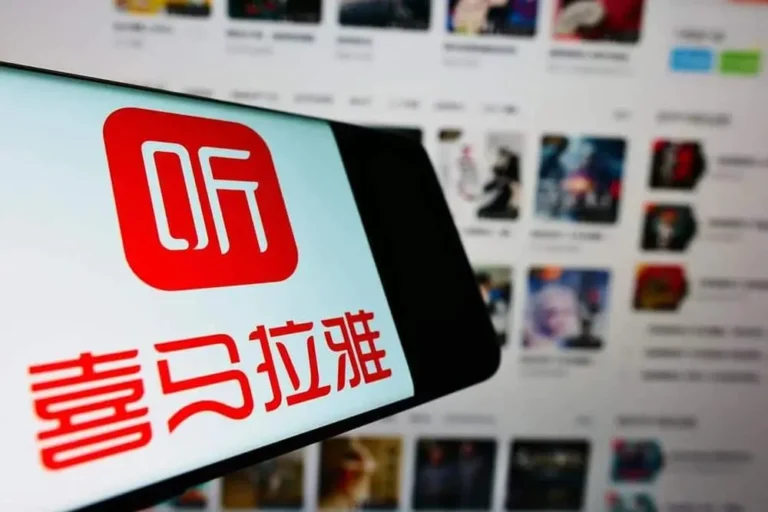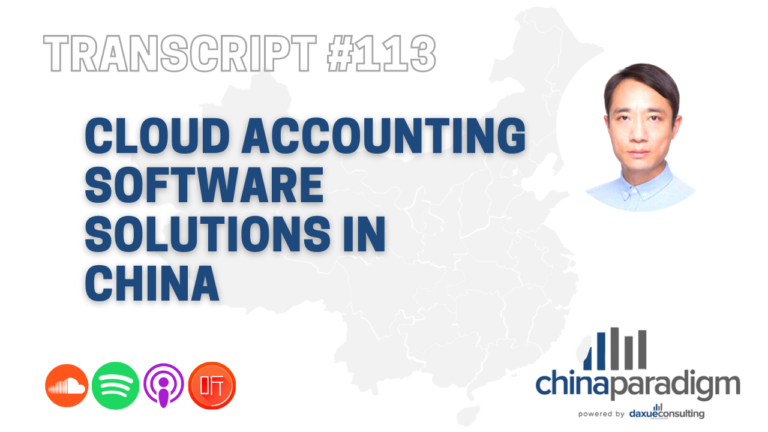At first glance, Google China seems like an oxymoron. It is widely known that Google ended its search operations in China in 2010 and has since been blocked. However, Google’s search engine is only the tip of the iceberg in terms of the internet giant’s operations. Therefore, the banning of the search engine was no end to Google operations in China. In 2018, Google China had about 700 employees in China.
What does Google do in China?
With offices in Beijing, Shanghai, Shenzhen, and Guangzhou, Google’s China operations include cloud computing, app development, advertising, and more. Overall, Google’s main business is helping Chinese companies expand into foreign markets. With around 30% share in the US advertisement market in 2020, Google is a gateway to the west for Chinese brands.
Ad revenue has always been a key component of Google’s revenue. To clarify, Google includes three main ads. Firstly, Search ads, which are text ads that appear at the top of the Google search results page. Secondly, Display ads, which are image ads that appear inside websites on the top and sides of the webpage. Lastly, Video ads, which appear before YouTube videos.
Google’s operations in China include
- Advertising: Google advertising helps Chinese companies grow their brand power and consumer recognition in foreign markets.
- AI research center: Launched in 2017, the AI research center based in Shanghai and Beijing mostly deals with translation software, which is the first of its kind in Asia.
- Cloud computing: Rather than trying to competing against Alibaba and Tencent in the domestic market, they are just supporting Chinese businesses. These businesses operate in South East Asia and want to use Google cloud computing.
- Hardware: Mostly based in Shenzhen, they recruit engineers to develop hardware for smartphones, smart speakers, and thermostats.
- Bringing Chinese apps and games onto the Google PlayStore: PlayStore tried and failed to launch in China in 2015, and is now blocked in China. So, Google recruits business developers to Chinese apps and games grow in foreign markets.
- Product launches: In China’s domestic market, Google has launched some small products. For instance, Files Go – file sharing app which is available on Xiaomi, Tencent, Huawei, and Baidu app stores. They have also released the Translate app in 2017 and have brought some of their AR and VR technology to China. ARCore apps are available on Xiaomi and Huawei devices.
Google’s China partnerships
In China, Google has made patent partnerships with Tencent and JD.com. (Tencent is number 1 in social media and games, while JD.com is number 2 in eCommerce). Also, Google has failed in making a partnership with Inspur and NetEase. (To clarify, Inspur large Chinese internet technology and data analytics company; NetEase is the number 2 in gaming in China). As foreign companies are engaged in more and more M&A in China, Google is in a good position with its partnerships with the abovementioned Chinese giants.
Google’s gaming partnerships in China
- Chushou TV: A mobile friendly live-streaming game platform. Google invested in this Tencent competitor in 2018. Despite creating a lot of buzz in its early days, the company failed in 2020. It advised its users to switch to Kuaishou (owned by Tencent).
- Tencent: In 2020, Tencent owns 45% of China’s gaming industry with a portfolio of 147 games as of 2019. The top game “Honour of Kings” has 200 million players.
- NetEase: Last year owned 16% of China’s gaming market. There was talk of Google partnering with NetEase in 2017. The aim was to launch Google Play in China and get Google’s portfolio of games into the hands of hundreds of millions of gamers. But the mooted partnership never materialized and Google Play is still banned in China. However, some NetEase games are available on Google Play Store.
Googles partnership with Tencent
Tencent and Google made patent sharing agreements on a wide array of products and technologies. Both of the companies have the freedom to access each other’s patent portfolios without the other suing for infringement. Google has made similar deals with Samsung before.
Google’s partnerships with cloud computing companies
Inspur: To comply with local laws and compete in the Chinese market, it is necessary for foreign cloud computing companies to partner with a local company. In 2018 Google was reported to be on the verge of signing a deal with Inspur but in 2020 it was reported that the plan was dead. In terms of competition, Amazon cloud services made a deal with Beijing Sinnet Technology (2017, 300 million USD) and IBM cloud services made a deal with 21Vianet Group (2014, 1 billion USD).
Want to learn more about Google China?
Don’t miss our upcoming Insider Talks with Joanna Guo, Senior Marketing Solution Manager. Subscribe to daxue consulting on Youtube, or Daxue Talks on Apple Podcast, SoundCloud or wherever you listen to podcasts.
Listen to Daxue Talks to receive China business and market insights
Learn something new? Stay updated on the Chinese market by following our WeChat, scan the QR code below, or subscribe to our newsletter









